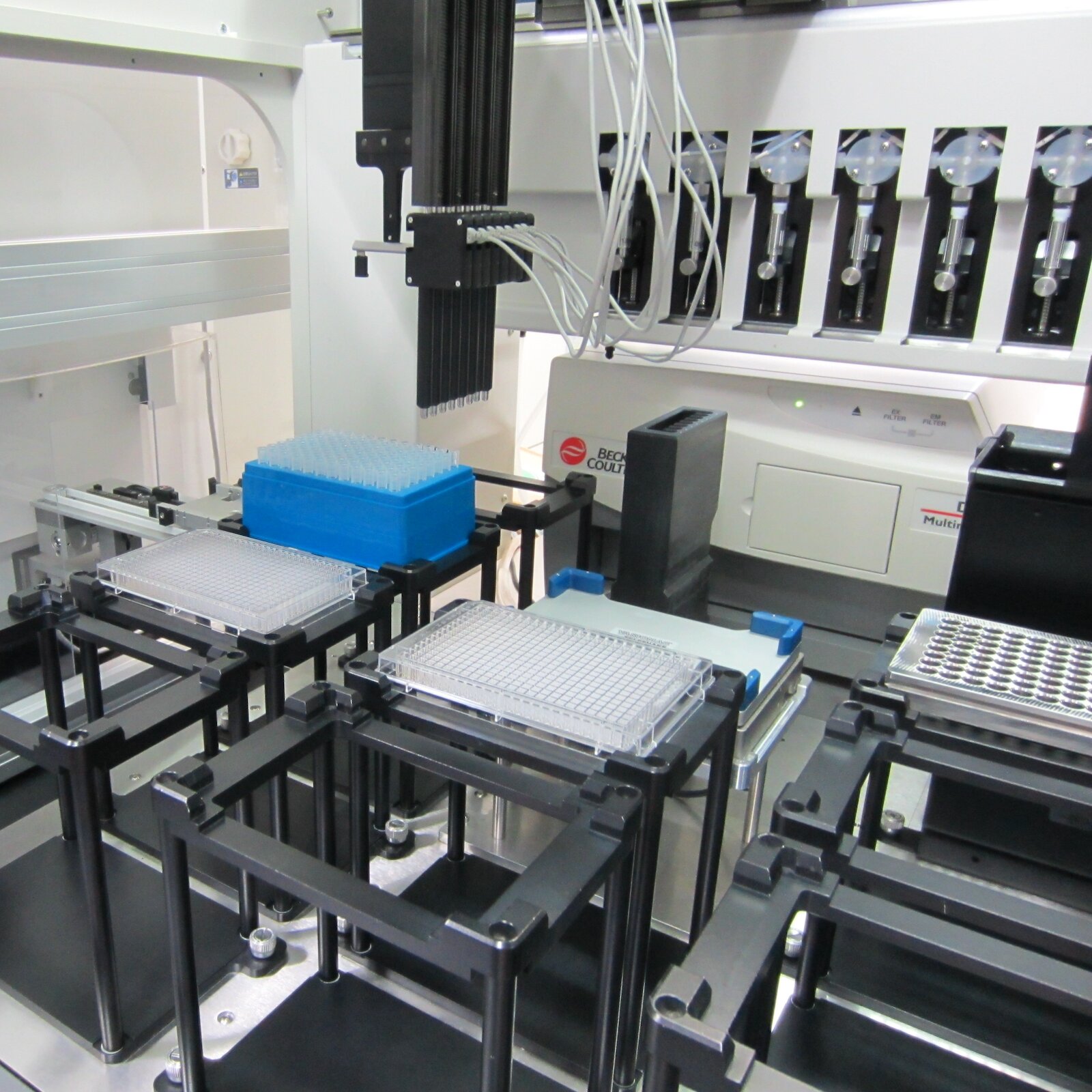Experimental evolution reveals how bacteria gain drug resistence
Date: 27.11.2020
A research team at the RIKEN Center for Biosystems Dynamics Research (BDR) in Japan has succeeded in experimentally evolving the common bacteria Escherichia coli under pressure from a large number of individual antibiotics.
In doing so, they were  able to identify the mechanisms and constraints underlying evolved drug resistance. Their findings can be used to help develop drug-treatment strategies that minimize the chance that bacteria will develop resistance.
able to identify the mechanisms and constraints underlying evolved drug resistance. Their findings can be used to help develop drug-treatment strategies that minimize the chance that bacteria will develop resistance.
Counteracting multidrug-resistant bacteria is becoming a critical global challenge. It seems that every time researchers develop new antibiotics, novel antibiotic-resistant bacteria emerge during clinical use. To win this cat-and-mouse game, scientists must understand how drug resistance evolves in bacteria.
Naturally, this process is very complicated, involving numerous changes in genome sequences and cellular states. Therefore, a comprehensive study of resistance dynamics for large numbers of antibiotics has never been reported.
The team developed an automated robotic culture system that allowed them to successfully perform high-throughput laboratory evolution of E. coli for more than 250 generations under pressure from 95 different antibiotics. With this new ability, they were able to quantify changes in the bacteria's transcriptome – the set of all messenger RNAs and their transcripts, which is the record of which genes are actually expressed.























